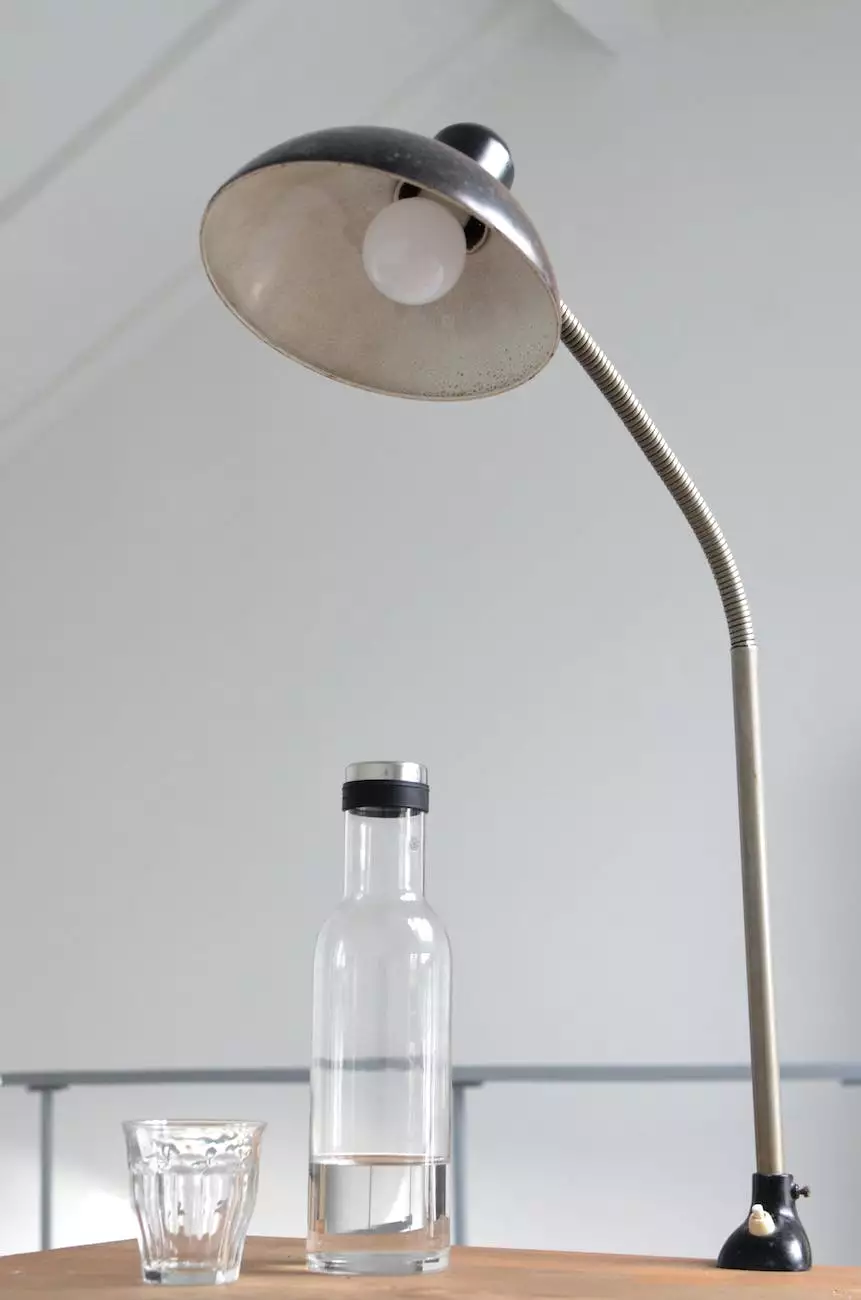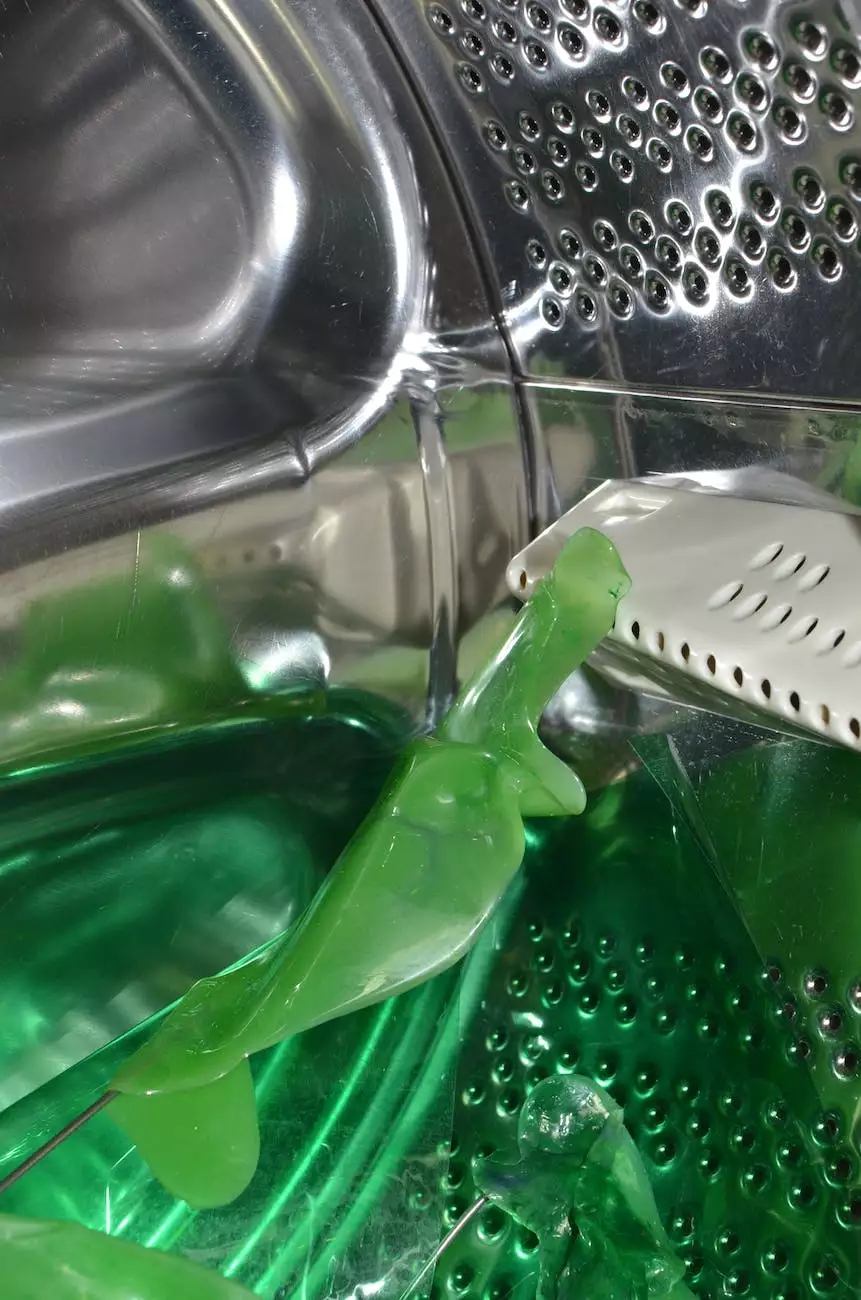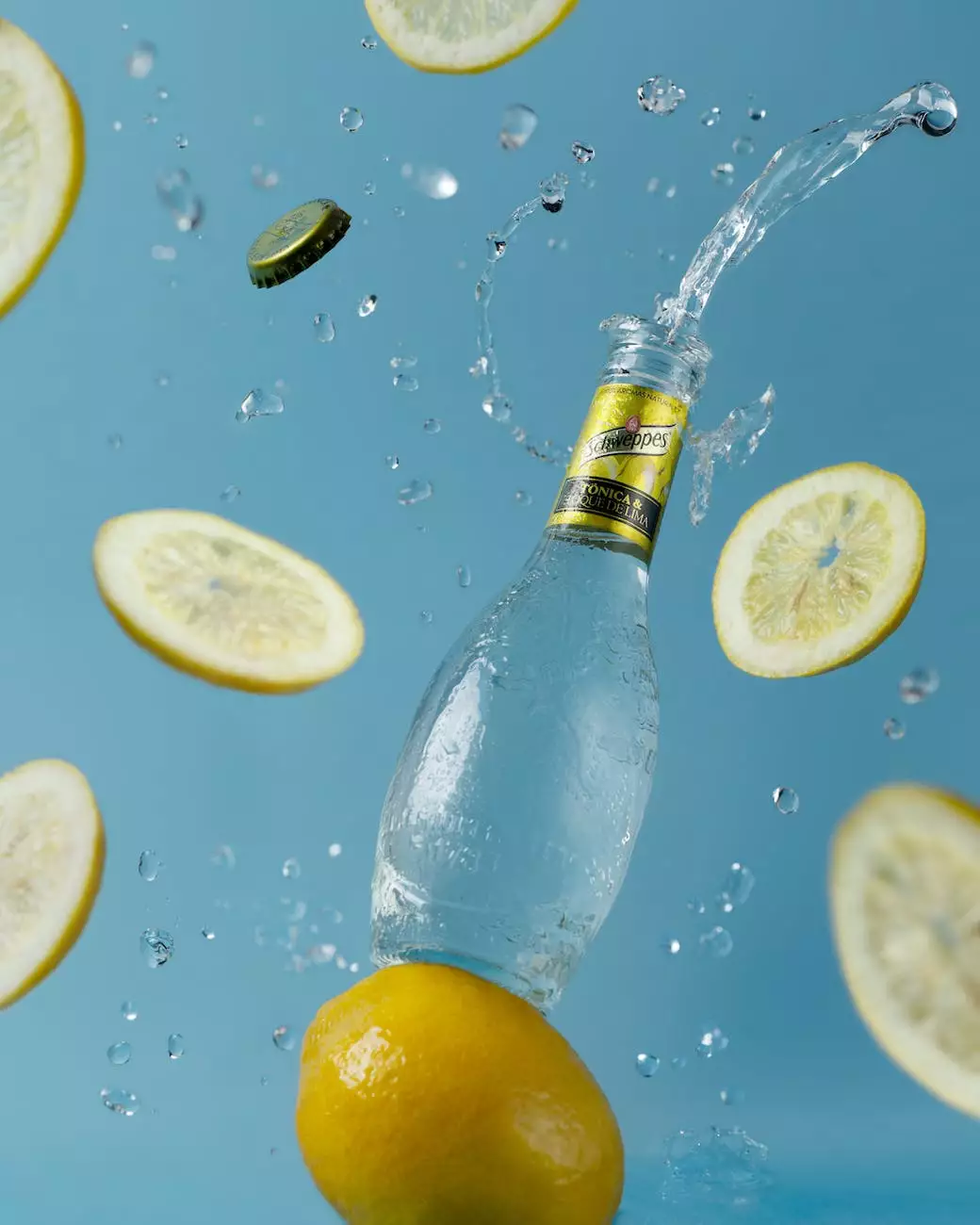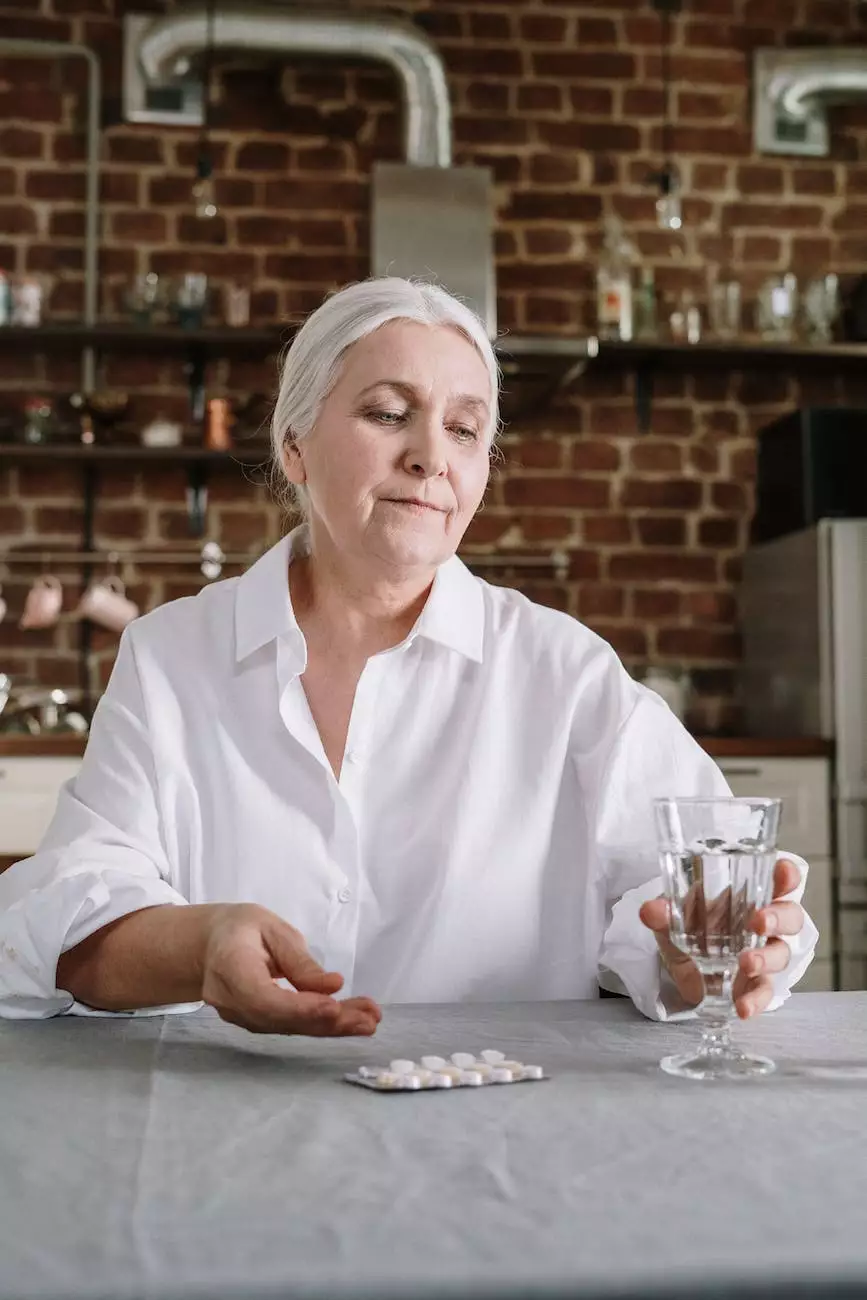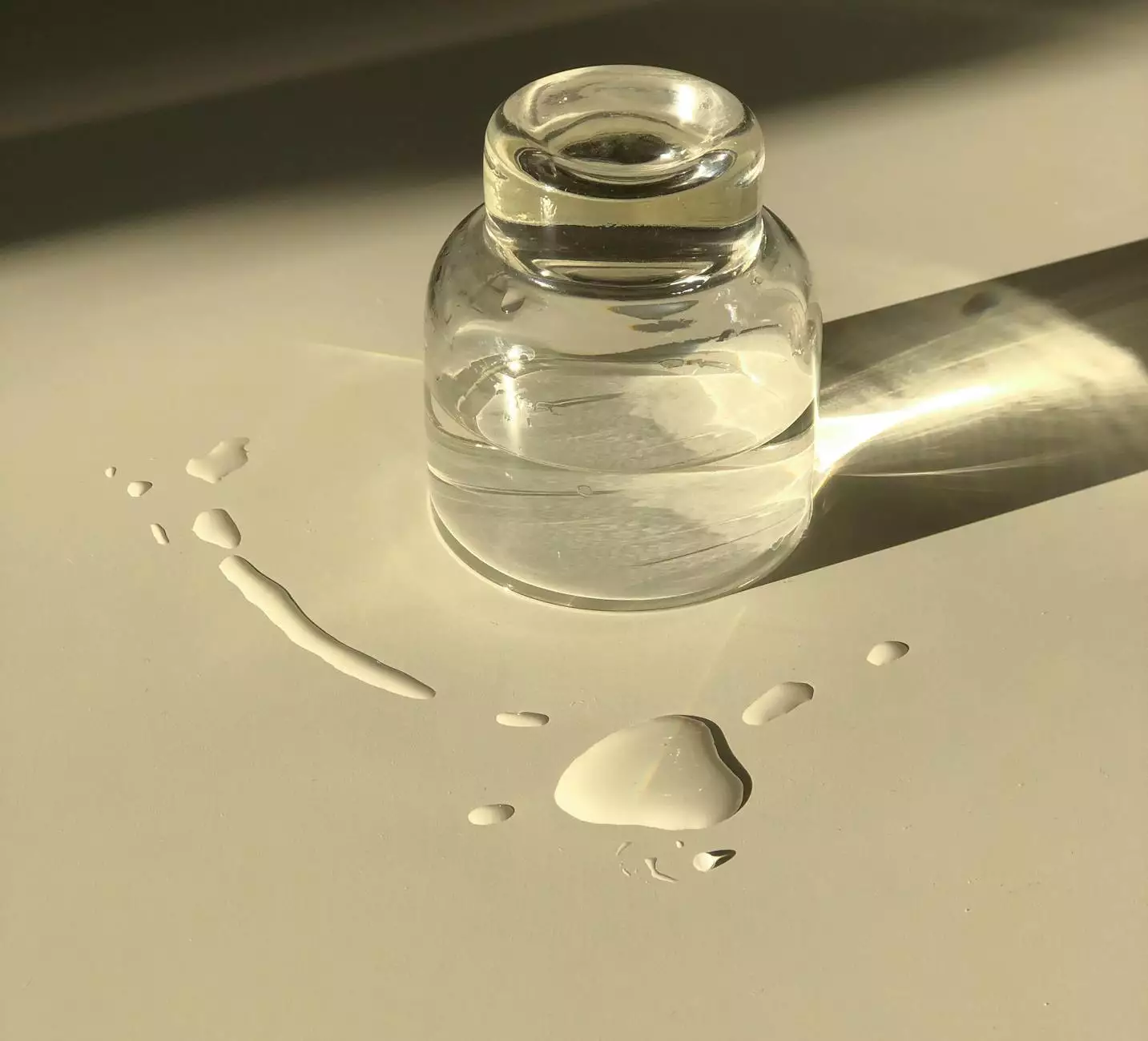Why Does My Water Taste Bad?
Home Tips
Understanding the Quality of Your Drinking Water
At Westwater Softening & Purification, we understand that the taste of your drinking water can greatly impact your overall satisfaction. If you've noticed an unpleasant taste in your tap water, it's important to identify the underlying causes to ensure the health and well-being of you and your family.
Common Causes for Bad-Tasting Water
1. Chemical Contamination:
Chemicals such as chlorine, fluoride, and pesticides can affect the taste and odor of your water. These substances are commonly used to treat and disinfect water sources, but they can leave behind an undesirable flavor.
2. Hard Water:
High mineral content, specifically calcium and magnesium, can contribute to a metallic or bitter taste in your water. Hard water is typically caused by groundwater passing through rocks and soil, picking up minerals along the way.
3. Excess Minerals:
Aside from hard water minerals, other minerals like iron, sulfur, and manganese can also make your water taste and smell unpleasant. These minerals can occur naturally in the water source or be a result of corroded pipes.
4. Bacterial Growth:
Bacteria such as E. coli and coliform can contaminate water sources and lead to a foul taste and odor. Bacterial growth usually occurs due to poor sanitation, drainage issues, or cross-contamination with sewage.
Effective Solutions for Improved Water Taste
1. Filtration Systems:
Investing in a high-quality water filtration system can effectively remove chemical contaminants, minerals, and bacteria from your water, greatly enhancing its taste and smell. Look for filtration systems that are certified by reputable organizations, such as NSF or WQA, to ensure the best results.
2. Water Softeners:
If hard water is the primary cause of your water tasting bad, installing a water softener can eliminate the excess minerals responsible for the unpleasant flavor. Water softeners use ion exchange to replace calcium and magnesium ions in the water with sodium ions, improving taste and reducing scale buildup.
3. Regular Maintenance:
It's important to regularly maintain your water system to prevent the buildup of contaminants that can affect the taste of your water. This includes replacing filters, cleaning storage tanks, and conducting periodic tests to detect any underlying issues.
4. Professional Water Testing:
If you're unsure about the specific cause of your water's bad taste, consider getting a professional water test. This will provide you with comprehensive analysis, allowing you to address any specific contaminants and make informed decisions about water treatment options.
Choose Westwater Softening & Purification for Clean and Great-Tasting Water
At Westwater Softening & Purification, we are dedicated to providing you with clean and great-tasting water. With our expertise in water treatment solutions, we can help you identify the root cause of your water's unpleasant taste and recommend the most effective systems for your needs.
Contact us today to schedule a consultation and take the first step towards enjoying refreshing and delicious water straight from your tap.


